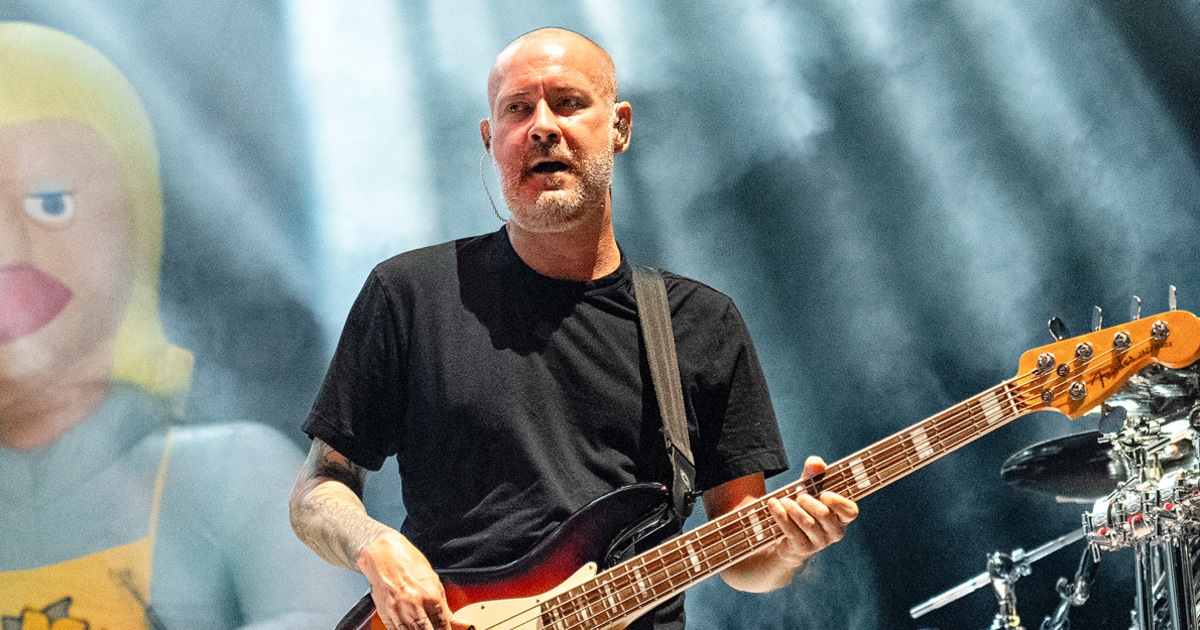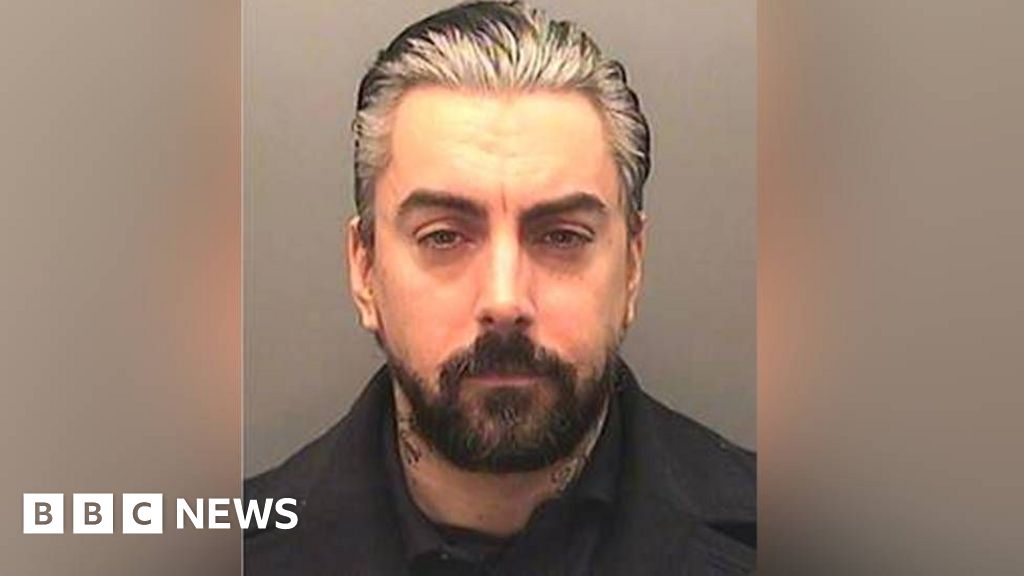Limp Bizkit Founding Bassist Sam Rivers Dies at 48: Tributes Pour In

Introduction
Limp Bizkit's founding bassist, Sam Rivers, has passed away at the age of 48. The band announced his death on Saturday, expressing profound sadness and loss. Rivers was not only a talented musician but also a vital part of the band's sound and spirit.
Key Details
Rivers played a crucial role in Limp Bizkit's success, contributing to iconic songs like "Break Stuff" and "Nookie." He faced significant health challenges, including liver disease, and underwent a successful liver transplant. Despite these challenges, Rivers remained a central figure in the band's music and legacy.
Impact
Rivers' death has left a void in the music world, with fans and fellow musicians paying tribute to his talent and legacy. The band has celebrated his contributions, remembering him as a "once-in-a-lifetime kind of human" whose spirit will continue to inspire through his music.
About the People Mentioned
Sam Rivers
Sam Rivers (September 25, 1923 – December 26, 2011) was an influential American jazz musician and composer, best known as a tenor saxophonist but also skilled on soprano saxophone, bass clarinet, flute, harmonica, piano, and viola. Born in El Reno, Oklahoma, Rivers grew up exposed to music through his gospel-musician father and studied at the Boston Conservatory under composer Alan Hovhaness, who introduced him to free music concepts beyond traditional jazz structures[1][3][4]. Rivers’ career began in the early 1950s, performing with artists like Quincy Jones, Herb Pomeroy, and Billie Holiday. In 1964, he joined the Miles Davis Quintet briefly, transitioning from blues to more avant-garde jazz, and signed with Blue Note Records, releasing groundbreaking albums such as *Fuchsia Swing Song* (1965), *Contours* (1965), and *A New Conception* (1966). His work combined a deep blues foundation with experimental free jazz, distinguishing him from contemporaries with a unique style grounded in groove and innovation[1][2][4][7]. In the 1970s, Rivers and his wife Beatrice ran Studio Rivbea in New York City, a key venue for experimental jazz and the loft jazz scene. He led various ensembles including the Studio Rivbea big band and the Winds of Change wind ensemble, further pushing jazz boundaries through composition and performance[3][4]. Rivers’ influence extended over decades, collaborating with major jazz figures such as Tony Williams, Herbie Hancock, and Cecil Taylor. His command of music theory and orchestration made him a respected figure in jazz composition and improvisation[1][4][7]. Though Rivers passed away in 2011, his legacy endures through his recordings and the impact he had on free jazz and experimental music, marking him as a significant and innovative voice in 20th-century jazz history[1][3].
About the Organizations Mentioned
Limp Bizkit
Limp Bizkit is an American nu metal band formed in 1994 in Jacksonville, Florida, known for blending rap and rock elements with aggressive vocals and experimental guitar work. The band’s core lineup features Fred Durst (lead vocals), Wes Borland (guitars and backing vocals), Sam Rivers (bass and backing vocals), John Otto (drums), and DJ Lethal (turntables). Borland’s distinctive stage presence—marked by face and body paint, masks, and uniforms—enhances their elaborate live performances[1][5]. Initially gaining popularity in the late 1990s through the underground Jacksonville music scene, Limp Bizkit signed with Flip Records, a subsidiary of Interscope. Their debut album, *Three Dollar Bill, Yall$* (1997), set the stage for mainstream success with their subsequent albums *Significant Other* (1999) and *Chocolate Starfish and the Hot Dog Flavored Water* (2000). These releases propelled the band to international fame, selling over 40 million records worldwide and earning three Grammy nominations, including Best Hard Rock Performance and Best Rock Album[1][2][3]. Despite their commercial success, Limp Bizkit faced controversies, notably their performances at Woodstock '99 and the 2001 Big Day Out festival, which affected their public image. The band experienced lineup changes and hiatuses, with guitarist Wes Borland leaving in 2001 and returning in later years. Albums such as *Results May Vary* (2003) and the ambitious EP *The Unquestionable Truth (Part 1)* (2005) explored new musical directions but did not match earlier commercial heights. The band reunited in 2009, releasing *Gold Cobra* (2011), which topped the Billboard Hard Rock Albums chart[1][2][3]. Limp Bizkit parted ways with Interscope and signed with Cash Money Records, working on the long-delayed *Stamped
















